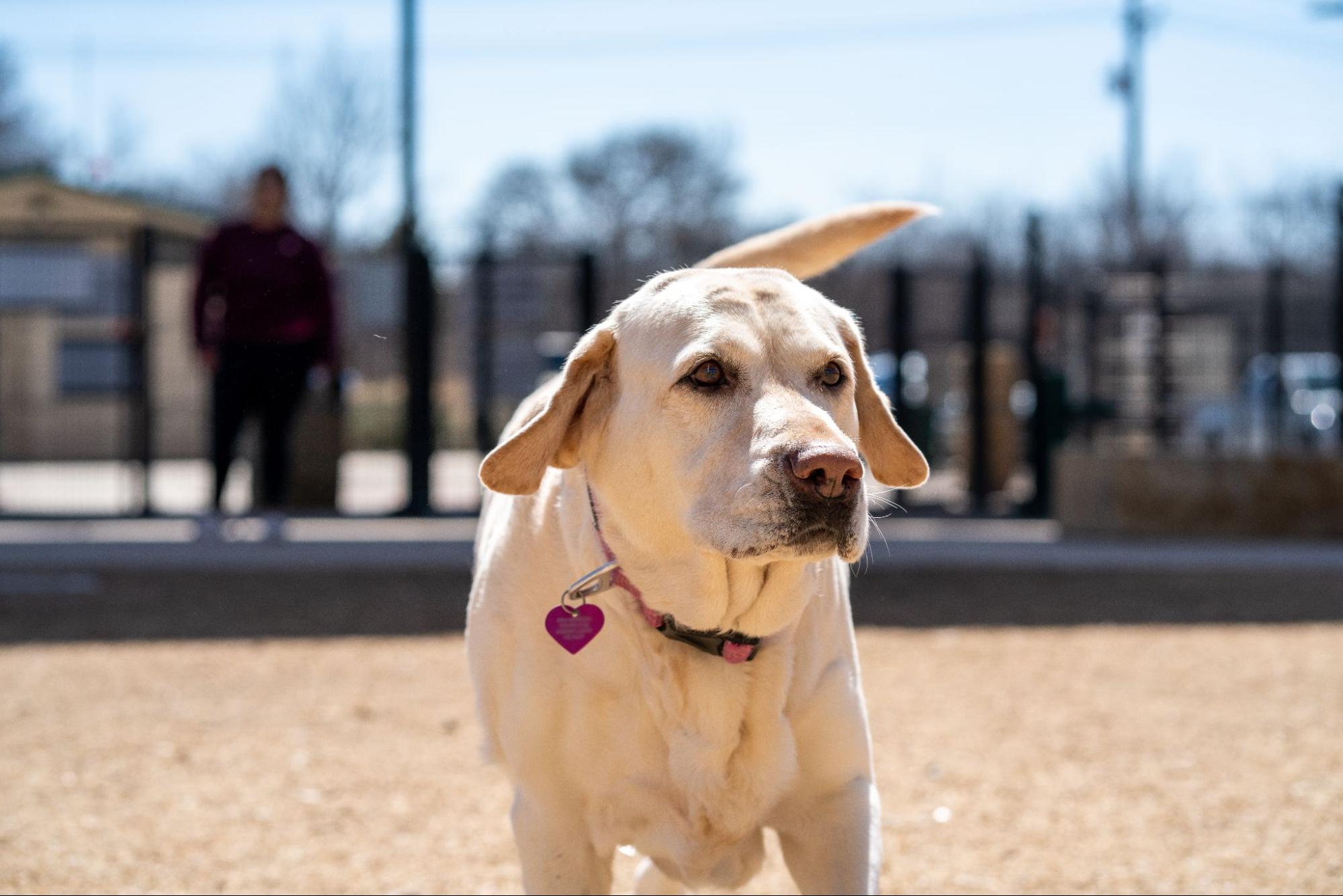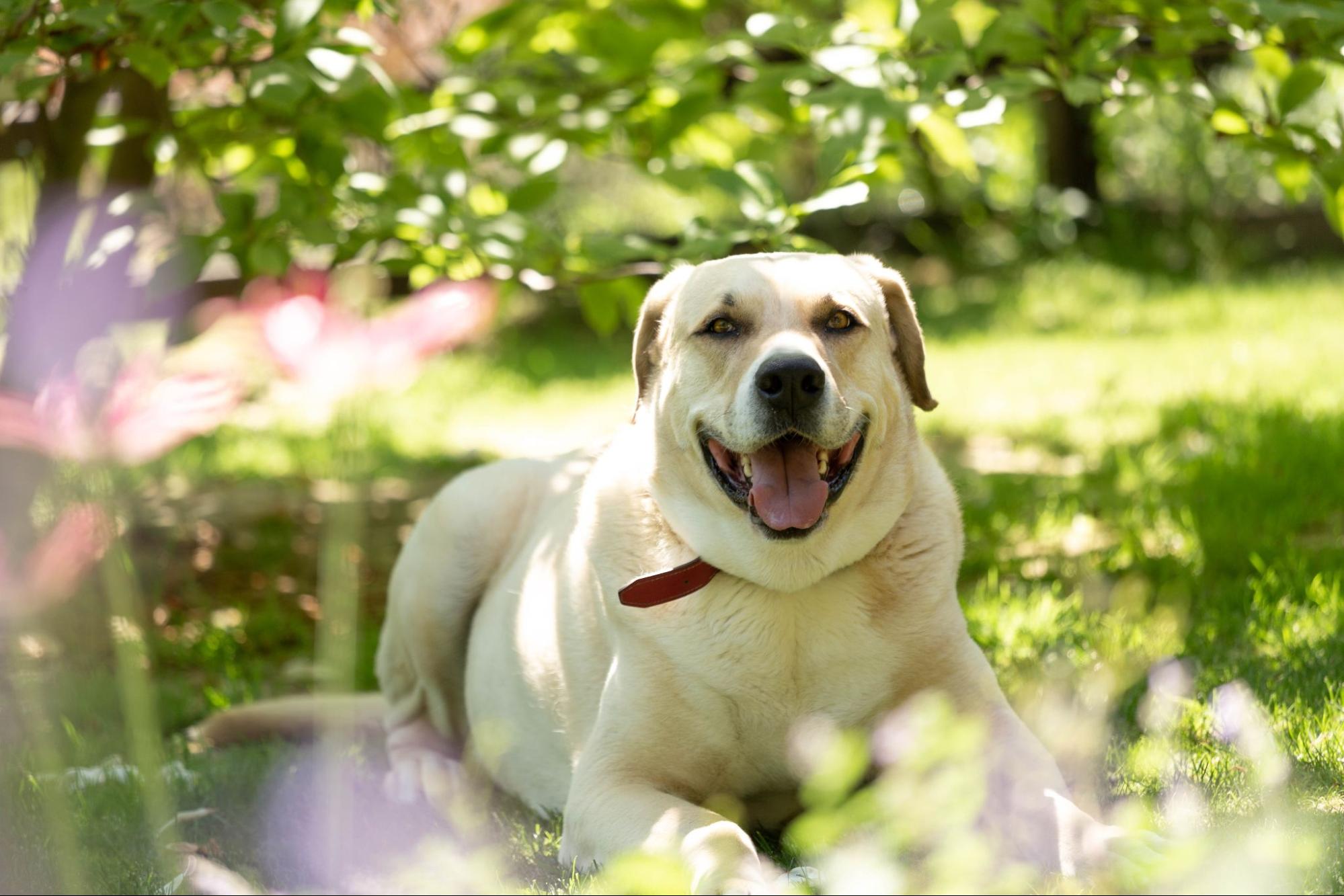
How to Stop Dog From Barking When i Leave
Are you struggling with your Labrador barking incessantly when you leave the house? It can be quite frustrating and even disruptive to both you and your neighbours. But don’t worry, I’m here to help! In this article, I’ll share some effective strategies on how to stop your dog from barking when you leave.
One of the first steps in addressing this issue is understanding why your Labrador is barking when left alone. Dogs often bark due to separation anxiety or boredom. Knowing the root cause will guide us in finding the most appropriate solution.
To start, it’s essential to establish a consistent routine for your dog. This includes regular exercise and mental stimulation before you leave. A tired dog is more likely to be calm and relaxed during your absence. Additionally, provide engaging toys or treat-filled puzzles that can keep them occupied while you’re away.
Another technique is gradually desensitising your Labrador to departures. Start by practising short absences and gradually increase the duration over time. This helps build their confidence and reduces anxiety associated with you leaving. Remember to reward calm behaviour upon your return, reinforcing positive associations with being alone.
In conclusion, if you’re wondering how to stop your Labrador from barking when you leave, implementing a combination of exercise, mental stimulation, and gradual desensitisation can be highly effective in curbing this behaviour. Patience and consistency are key as you work towards creating a peaceful environment for both yourself and your furry friend.

Understanding the Root Cause of Barking Behavior
When it comes to addressing a dog’s barking behaviour, it is essential to delve into the root cause. Dogs bark for various reasons, and understanding these underlying factors is crucial in finding effective solutions. In this section, I’ll explore some common reasons why dogs bark when their owners leave and provide insights on how to address this issue.
- Separation Anxiety: Many dogs experience separation anxiety when their owners leave them alone. This condition can trigger excessive barking as a manifestation of distress. To alleviate separation anxiety, gradually acclimate your Labrador to being alone by starting with short periods of separation and gradually increasing the duration over time.
- Lack of Mental Stimulation: Boredom can be another factor contributing to excessive barking. Labradors are intelligent and active breeds that require mental stimulation and physical exercise. Ensure your dog receives ample playtime, interactive toys, and daily exercise routines to keep them engaged and help prevent boredom-related barking.
- Environmental Triggers: Dogs may bark in response to external stimuli such as passing cars, people walking by, or other animals in the vicinity. Identify any specific triggers that may be causing your Labrador to bark excessively when you leave and work on desensitising them through positive reinforcement training techniques.
- Insufficient Training: Proper training plays a significant role in curbing unwanted behaviours like excessive barking. Teaching your Labrador basic obedience commands such as “quiet” or “settle” can help redirect their focus and teach them an alternative behaviour instead of barking excessively.
- Lack of Security or Comfort: Some dogs may bark when left alone due to feelings of insecurity or discomfort in their environment. Creating a safe and comfortable space for your Labrador with cosy bedding, soothing music, or leaving familiar scents around can help reduce anxiety-induced barking.
Remember that each dog is unique, so it may take time and patience to discover the specific cause of your Labrador’s barking behaviour. By addressing the root cause and implementing consistent training techniques, you can help alleviate their barking when you leave and create a more peaceful environment for both you and your furry friend.
Note: It is important to consult with a professional dog trainer or veterinarian if your Labrador’s barking persists or escalates despite your efforts. They can provide tailored advice based on your dog’s individual needs.